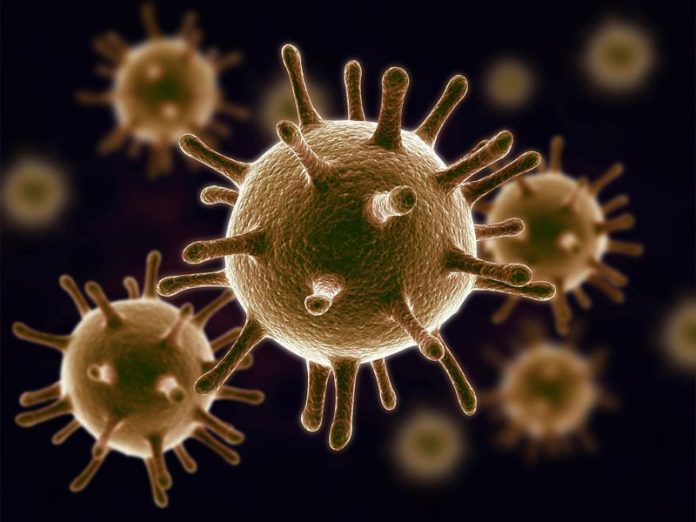Scientists have discovered a gene variant that sheds new light on how human immunity was finetuned through history.
Findings from the Garvan Institute of Medical Research, Flinders University and other scientists show modern humans acquired a gene variant from Denisovans that heightened their immune reactions, indicating adaptation of the immune system to a changing environment.
The breakthrough study, published in Nature Immunology, is the first to demonstrate a single DNA sequence variant from an extinct human species that changes the activity of the modern human immune system.
The Denisovans – an extinct human species related to Neanderthals – interbred with modern humans about 50,000 years ago during the migrations of modern humans from Africa to what is now Papua New Guinea and Australia.
Today, up to 5% of the genome of people indigenous to Papua New Guinea is derived from Denisovans.
The Garvan-led study reveals that modern humans acquired a gene variant from Denisovans that increases a range of immune reactions and inflammatory responses – including reactions that protect humans from disease-causing microbes.
“Our study indicates that the Denisovan gene variant heightens the inflammatory response in humans,” says co-senior author Associate Professor Shane Grey, who heads the Transplantation Immunology Laboratory at Garvan.
“Previous research has found collections of gene variants from extinct human species that appear to have provided an advantage to humans living at high altitudes or to resist viruses, but have been unable to pinpoint which if any were actually functional,” he says.
“This study is the first to identify a single, functional variant, and suggest that it also had an evolutionary benefit on the human immune system.”
Harmful versions of a gene called TNFAIP3 have long been associated with the overactive immunity in autoimmune conditions, including inflammatory bowel diseases, arthritis, multiple sclerosis, lupus, psoriasis and type 1 diabetes.
The TNFAIP3 gene codes for a protein called A20 that helps ‘cool’ the immune system by reducing immune reactions to foreign molecules and microbes.
University’s College of Medicine and Public health















